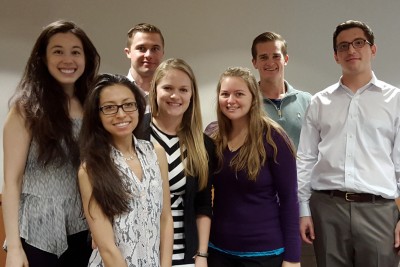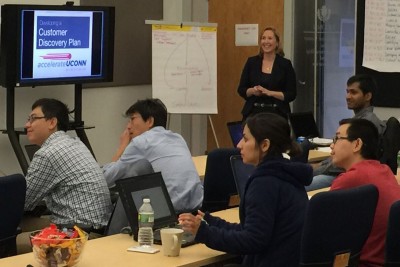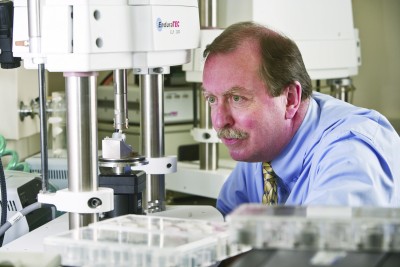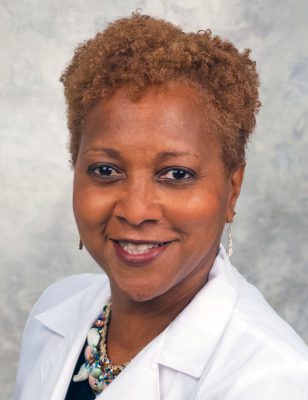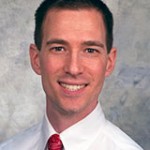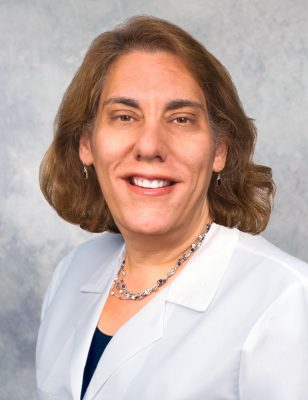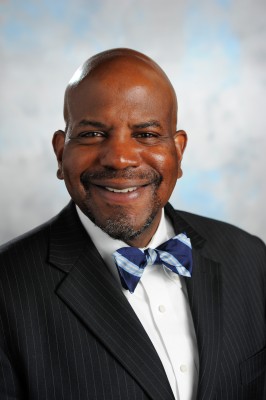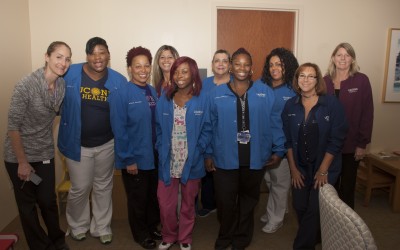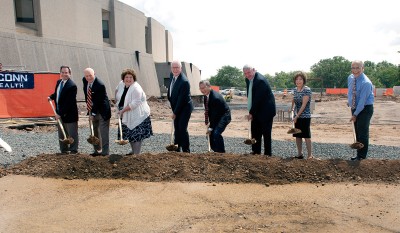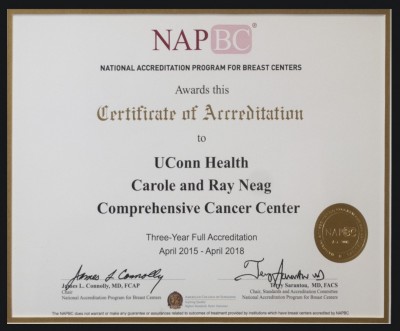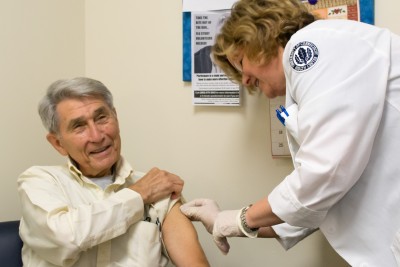
Now is the time to get the flu vaccine, especially if you’re older.
UConn Health researchers urge those who haven’t gotten this year’s flu vaccine yet to consider coming to the UConn Center on Aging to receive the vaccine as a participant in a flu shot study.
“Every older person should be getting the vaccine,” says Dr. George Kuchel, director of the UConn Center on Aging. “By volunteering for one of these studies, you do what’s good for you anyway, it doesn’t cost you anything, and at the same time you contribute to helping us develop vaccines that are going to work better in future years.”
Kuchel says most flu-related deaths in the U.S. each year are among the elderly. He and professor of immunology Laura Haynes, also an investigator in the Center on Aging, are leading two studies. One focuses on the differences in the way younger people and older people respond to the traditional flu vaccine. The other compares the traditional flu vaccine to the high-dose vaccine, which has four times the antigen. Both vaccines are proven effective, but the degree of their effectiveness varies by individual.
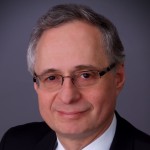
“The purpose of that study is to identify—using very innovative blood tests, some of which were first developed here, and also frailty measurements—the older adults who require the high-dose vaccine, as opposed to those who’d do better with the regular vaccine,” Kuchel says. “As we age, we get more and more different from each other, with some people remaining very robust and highly functional, other people becoming frail and even disabled, and everything in between. We know that on average, the high-dose vaccine may be better for the elderly. What we don’t know is, who are the people who get that greater benefit?”
Influenza manifests itself differently in older patients than in younger ones. Although the symptoms in older patients usually are actually milder, that brings other problems.
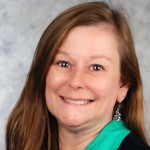
“When older people get the flu, it’s much more serious,” Haynes says. “Since the symptoms are less severe, people may not go to the doctor, they may not take the care that they need to when they get sick. This is even more problematic with the older population because they’re going to have more co-morbidities. They’re going to have more secondary infections that would then develop, which is really what the issue is, especially secondary pneumonia after flu. And that’s really what leads to death.”
“Dr. Haynes’ work is the first to show that a type of blood cell called T-lymphocyte plays a role in the declining ability of the aging body to respond to flu infection,” Kuchel says. “Because of that, we still need to give the vaccine to the elderly. If we want to make more progress, prevent more death, and prevent more hospitalization, we need to get even better vaccines.”
While the researchers don’t expect their studies to lead to the perfect vaccine for everyone immediately, participants at least can expect an immediate benefit this flu season.
“Even though the flu vaccine doesn’t work as well in older people as it does in younger people, using it becomes even more important in the elderly as a way helping to stay out of the hospital,” Haynes says.
The UConn Center on Aging flu vaccine studies are not limited to older patients. Researchers are seeking study volunteers as young as 20 years old. All participants receive an FDA-approved flu shot at no cost to them, nominal compensation for their time, and free, convenient parking for study visits. To learn more about the studies, call 860-679-3043.
